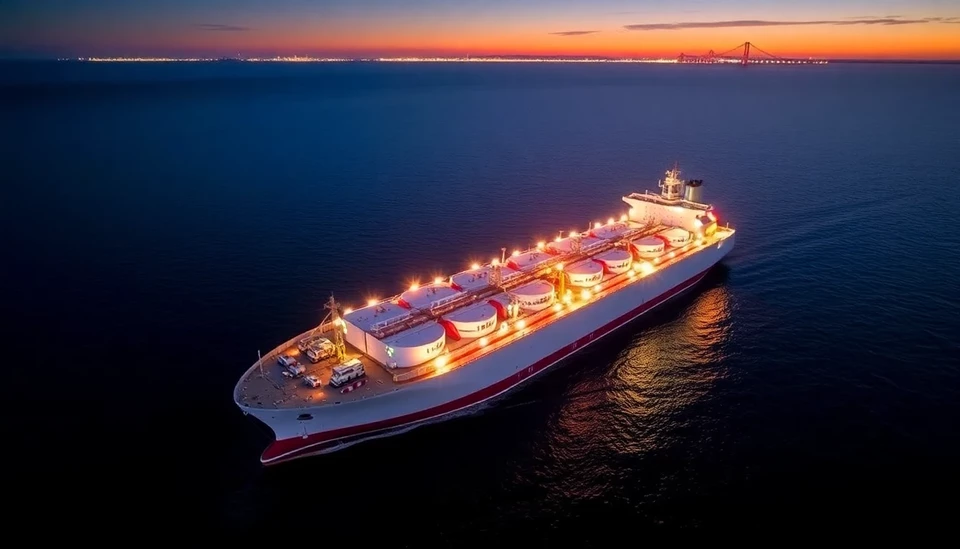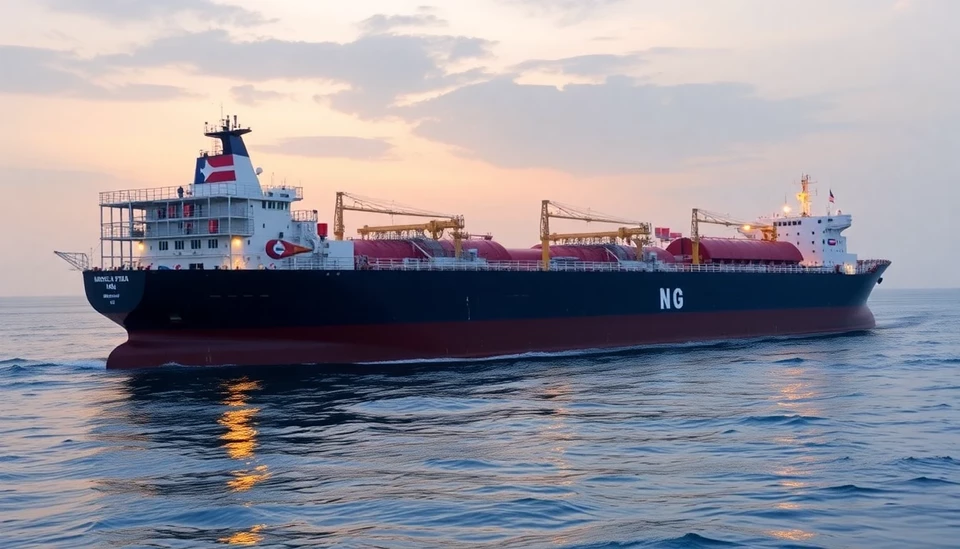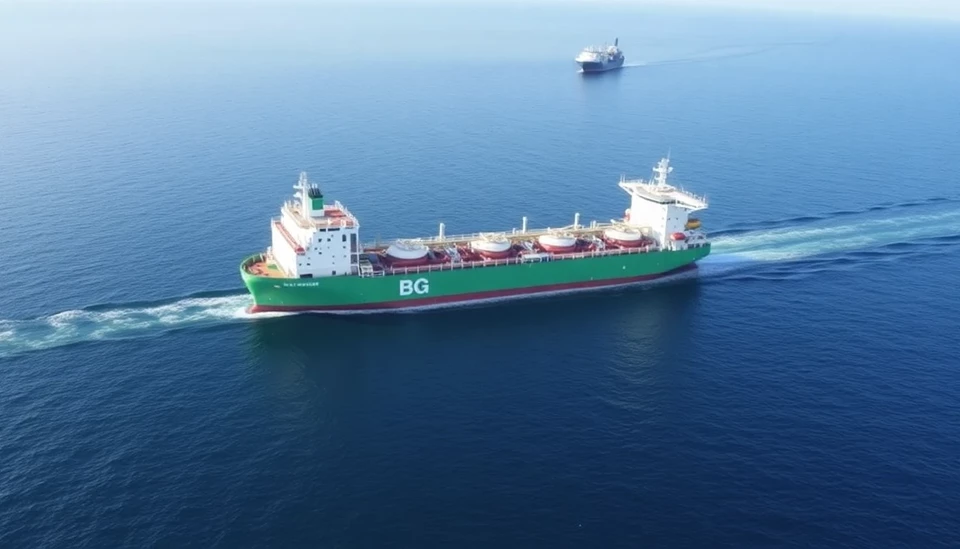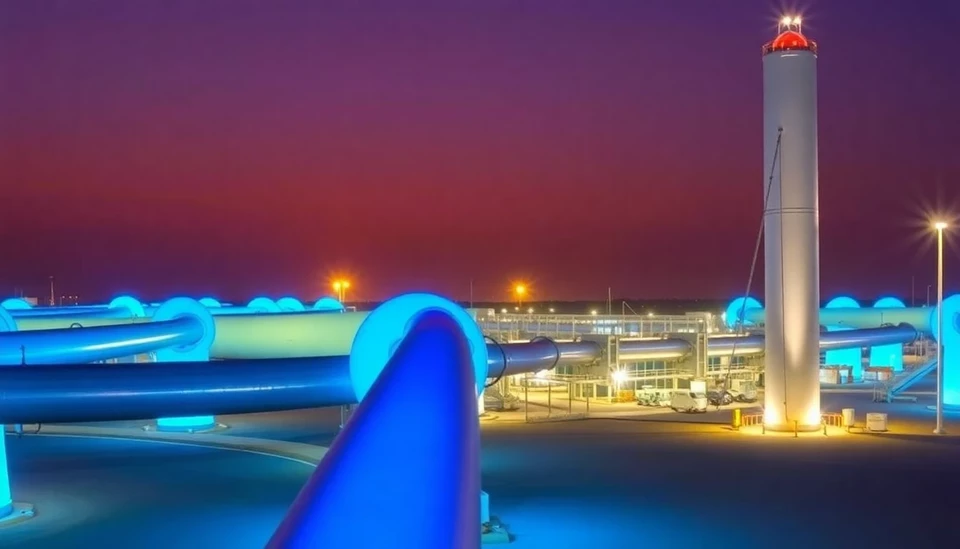
In a significant development for the energy market, recent data from Kpler revealed that liquefied natural gas (LNG) exports are growing at their slowest pace in nearly a decade. This trend, observed over the past year, highlights a dramatic shift in global energy dynamics and poses challenges for suppliers aiming to capitalize on the growing international demand for cleaner fuel alternatives.
The analysis indicates that the growth of LNG exports reached a mere 1.6% in 2023, contrasting starkly with the more robust increases seen between 2020 and 2022, when exports surged due to heightened demand and supply chain recovery post-pandemic. Such a deceleration in growth raises questions about the future trajectory of this critical sector, particularly as countries worldwide navigate their energy needs amid changing geopolitical landscapes.
Experts attribute the slowdown to a combination of factors, including growing domestic production in several regions, fluctuating energy prices, and competition from alternative energy sources. Notably, emerging markets that previously turned to LNG imports to meet their energy needs are now exploring local production options and renewable alternatives, thereby reducing their dependency on foreign LNG supplies.
The data also sheds light on regional discrepancies within the LNG export market. While countries like the United States and Australia remain key exporters, other regions are experiencing disruptions due to regulatory hurdles and infrastructural issues, which further complicate the global supply chain. As a result, the LNG market is faced with the dual challenge of meeting existing demand while adapting to the evolving energy landscape.
Furthermore, industry analysts warn that this stagnation in export growth could impact future investments. With the increasing focus on sustainability and renewables, energy companies may find themselves reevaluating their strategies in favor of greener technologies, which could affect ongoing and future LNG projects.
As the year concludes, stakeholders are keenly watching how these trends will unfold, and whether the LNG market can rebound in the face of persistent challenges. The push towards net-zero emissions is likely to shape investment decisions and policy frameworks in the energy sector for years to come, making it a pivotal time for industry players to adapt or risk falling behind.
In summary, the LNG export market is at a critical juncture. With growth at its slowest in eight years, the coming months will be crucial for the industry to reassess and innovate in order to stay relevant in an ever-evolving energy landscape.
#LNG #EnergyMarket #NaturalGas #ExportGrowth #Sustainability #CleanEnergy #Renewables #EnergyTransition #Geopolitics
Author: Samuel Brooks




